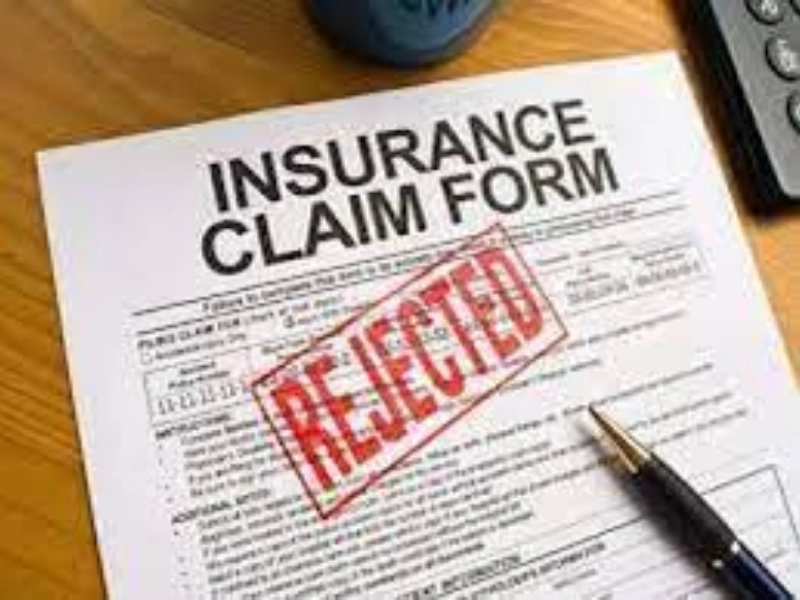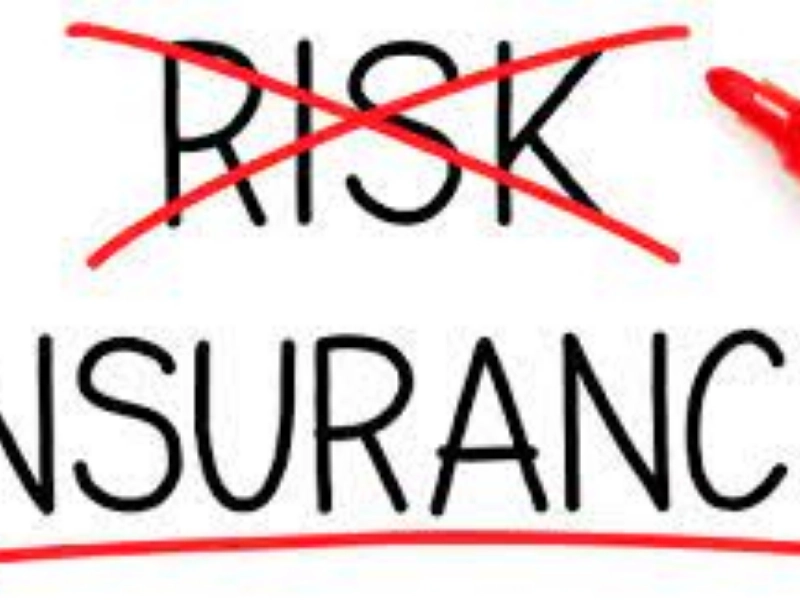Things to Take into Account While Selecting the Best Renters Insurance Policy
The cost of renter's insurance is influenced by numerous factors. The best policy for you will depend on your unique demands and situation. Make an inventory of your home first. You can estimate how much personal property coverage you need by valuing your belongings. Examine the insurance to contrast the deductibles, coverage limitations, and monthly costs. It is advisable to take into account if they provide replacement cost coverage or real cash value coverage for claims.
Price

Reportage
 Personal items against named risks, including fire (including smoke damage), lightning, windstorms, hail, vandalism, and theft, are typically covered by regular renters insurance policies (often less your deductible). Liability coverage is also included in most policies. Generally, liability insurance covers defense expenses in the event of a lawsuit as well as other people's injuries, including medical expenses and lost income.
The level of coverage you choose for personal items and your policy limitations will determine how much renter's insurance will cost. It will also differ depending on where you live, since certain regions are more prone than others to natural disasters or criminal activities. The cost you pay will also be influenced by how safe your structure is. While putting in a burglar alarm or installing smoke detectors can frequently reduce your rates, moving to a less desirable location can increase them.
Although you can purchase up to $300,000 in additional coverage, standard insurance will provide $100,000 in liability coverage. Typically, you can increase your coverage limit by a small amount each month by paying a higher premium. An insurance policy might also include extra living expense coverage and accidental death payments. The latter pays for lodging expenses elsewhere in the event that a covered disaster renders your apartment unusable. Usually, it covers up to 24 months.
Personal items against named risks, including fire (including smoke damage), lightning, windstorms, hail, vandalism, and theft, are typically covered by regular renters insurance policies (often less your deductible). Liability coverage is also included in most policies. Generally, liability insurance covers defense expenses in the event of a lawsuit as well as other people's injuries, including medical expenses and lost income.
The level of coverage you choose for personal items and your policy limitations will determine how much renter's insurance will cost. It will also differ depending on where you live, since certain regions are more prone than others to natural disasters or criminal activities. The cost you pay will also be influenced by how safe your structure is. While putting in a burglar alarm or installing smoke detectors can frequently reduce your rates, moving to a less desirable location can increase them.
Although you can purchase up to $300,000 in additional coverage, standard insurance will provide $100,000 in liability coverage. Typically, you can increase your coverage limit by a small amount each month by paying a higher premium. An insurance policy might also include extra living expense coverage and accidental death payments. The latter pays for lodging expenses elsewhere in the event that a covered disaster renders your apartment unusable. Usually, it covers up to 24 months.
Accountability
 It stands to reason that many tenants insure their possessions, as we cover our vehicles and health. Getting a policy is usually simple, and landlords frequently demand it.
Usually, you may acquire a quote from an insurance company over the phone or online. You might be required to submit paperwork, including picture IDs, receipts, and a list of things, depending on the business. You will be prompted to select between replacement cost coverage and actual cash value during the application process. Due to the fact that it accounts for depreciation, the former pays out less for lost property. Although replacement value coverage is more costly, it will reimburse you for the cost of replacing your belongings, less your deductible.
Additionally, you will have the chance to choose the liability limitations in your insurance; the usual range of selections is $100,000 to $500,000, with more expensive policies having larger limits. Additionally, you can include a rider for valuables to protect things like jewelry, artwork, and gadgets. The majority of insurance providers provide savings for a variety of reasons, including combining policies, sticking with them for an extended period of time, and adding security features to your rental property. Furthermore, timely payments and having an excellent credit score will help you maintain cheap premiums.
It stands to reason that many tenants insure their possessions, as we cover our vehicles and health. Getting a policy is usually simple, and landlords frequently demand it.
Usually, you may acquire a quote from an insurance company over the phone or online. You might be required to submit paperwork, including picture IDs, receipts, and a list of things, depending on the business. You will be prompted to select between replacement cost coverage and actual cash value during the application process. Due to the fact that it accounts for depreciation, the former pays out less for lost property. Although replacement value coverage is more costly, it will reimburse you for the cost of replacing your belongings, less your deductible.
Additionally, you will have the chance to choose the liability limitations in your insurance; the usual range of selections is $100,000 to $500,000, with more expensive policies having larger limits. Additionally, you can include a rider for valuables to protect things like jewelry, artwork, and gadgets. The majority of insurance providers provide savings for a variety of reasons, including combining policies, sticking with them for an extended period of time, and adding security features to your rental property. Furthermore, timely payments and having an excellent credit score will help you maintain cheap premiums.








